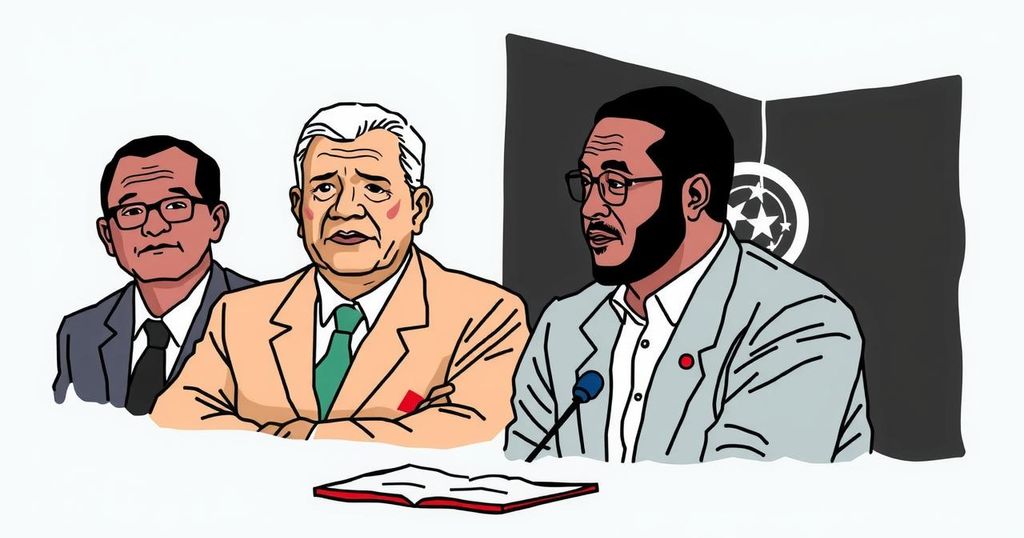The United Nations has launched a plan for Libya aimed at organizing national elections, unifying competing governments, and reforming national institutions. UN envoy, Stephanie Koury, presented this initiative to the Security Council, highlighting the establishment of an advisory committee to address electoral challenges, though a timeline for elections has yet to be determined. The initiative seeks to resolve Libya’s political deadlock and foster national legitimacy following years of conflict and failed electoral attempts.
The United Nations has proposed a comprehensive plan aimed at stabilizing Libya through the organization of national elections, the unification of competing governments, and the reform of national institutions. During a briefing to the Security Council, UN envoy to Libya, Stephanie Koury, articulated the plan’s goal to conquer the existing political impasse and establish legitimate governance through nationwide elections. The UN’s initiative will include the formation of an advisory committee dedicated to addressing electoral challenges, although a timeline for these elections remains unspecified.
In light of a ceasefire enacted following Libya’s civil war, a UN-endorsed agreement reached in Geneva sought to lay the groundwork for interim institutions with parliamentary and presidential elections expected in December 2021. However, these elections have been indefinitely postponed due to ongoing disputes regarding the legal framework necessary for their execution. Despite some local elections occurring, no national elections have been realized.
Koury emphasized that Libya has endured significant economic struggles compounded by foreign interference, although she refrained from naming specific nations. Nonetheless, she maintained that Libya possesses the potential to emerge as a pillar of stability and prosperity within the Mediterranean region. The UN also aims to facilitate dialogue for a collective national vision that reflects the aspirations of Libya’s populace.
Libya, home to approximately 6.8 million individuals, has faced prolonged turmoil following the 2011 NATO-supported revolt against the regime of Moamer Kadhafi. Post-revolution, the country has been plagued by fragmentation and civil unrest, characterized by the presence of rival governments—the UN-recognized authority in Tripoli and a competing faction in the east led by Khalifa Haftar. Efforts to establish a unified political framework have been thwarted, culminating in the postponement of anticipated elections initially slated for late 2021. The UN’s role has been pivotal in attempting to mediate between these factions and steer the nation toward democratic governance.
In conclusion, the UN’s proposal represents a strategic effort to ameliorate Libya’s ongoing political and social unrest through the facilitation of national elections and institutional reformation. As outlined by Stephanie Koury, the establishment of an advisory committee symbolizes a significant step toward resolving electoral complexities while fostering a conducive dialogue for national unity. Despite the challenges ahead, there exists a recognized potential for Libya to restore its stability and reclaim its position within the Mediterranean region.
Original Source: www.france24.com






